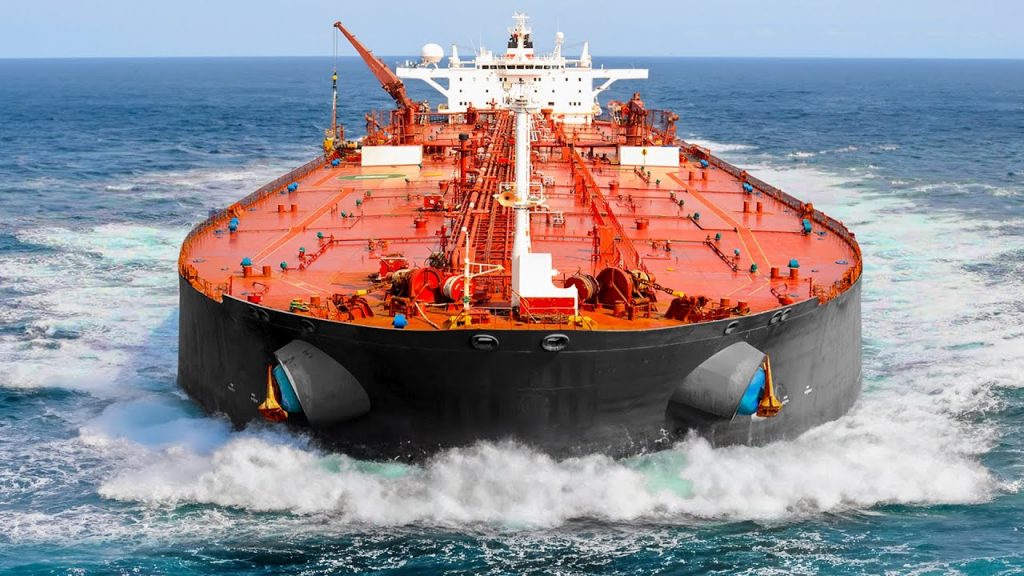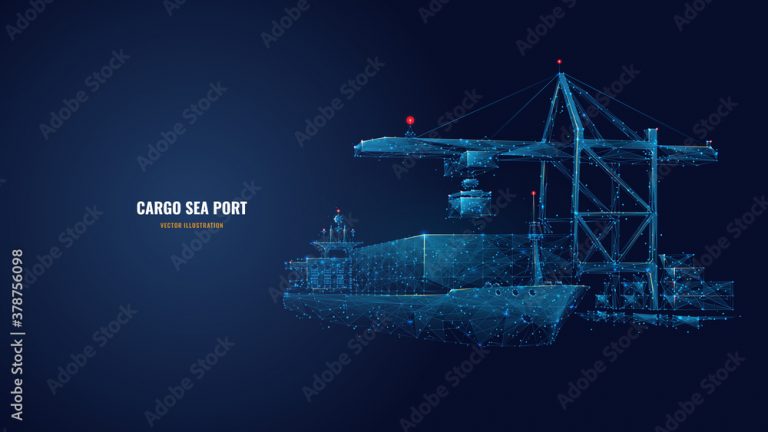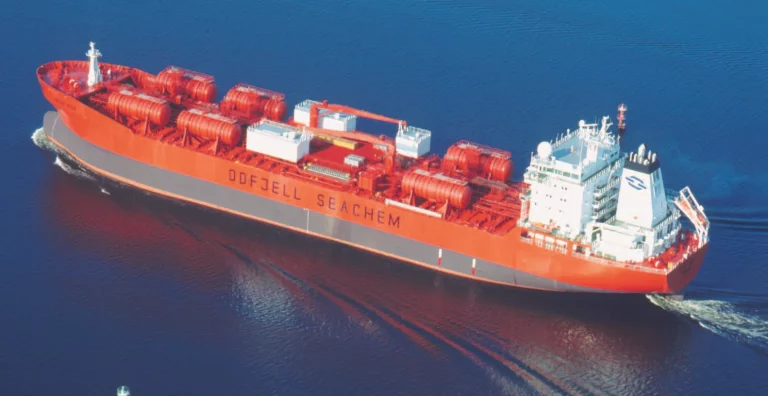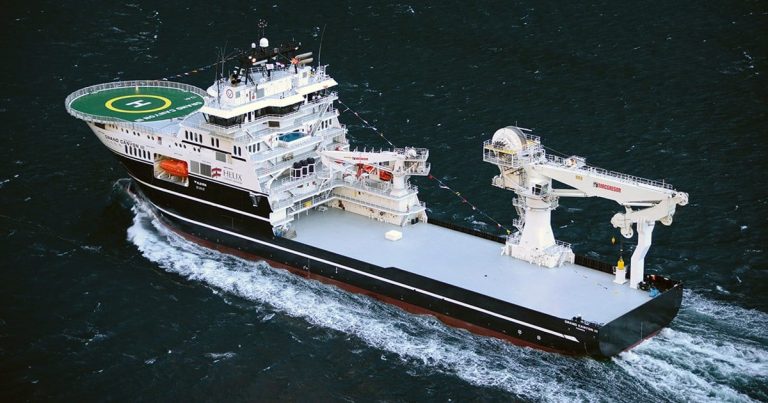
Oil Tankers The Lifelines of Global Energy
Oil tankers are specialized vessels designed to transport crude oil and petroleum products across the world’s oceans. These massive ships play a crucial role in the global energy supply chain, ensuring the flow of oil from producing regions to refineries and consumers.
Types of Oil Tankers
- Very Large Crude Carriers (VLCCs):
- The largest type of oil tanker, capable of carrying hundreds of thousands of tons of crude oil.
- Often restricted by the size of canals like the Suez Canal and Panama Canal.
- Ultra Large Crude Carriers (ULCCs):
- Even larger than VLCCs, these vessels can carry over 500,000 tons of crude oil.
- Suezmax Tankers:
- Designed to transit the Suez Canal, these tankers are smaller than VLCCs but still capable of carrying significant amounts of oil.
- Aframax Tankers:
- Medium-sized tankers, often used for regional trade and shorter-haul voyages.
- Product Tankers:
- Transport refined petroleum products such as gasoline, diesel, and jet fuel.
Key Features of Oil Tankers
- Cargo Tanks: Large, cylindrical tanks designed to store crude oil or refined products.
- Ballast System: Used to maintain stability and adjust the ship’s draft.
- Pumping Systems: Powerful pumps for loading, unloading, and transferring cargo.
- Safety Systems: Advanced safety features to prevent accidents and environmental damage.
Challenges Faced by Oil Tankers
- Oil Spills: The risk of oil spills, which can have devastating environmental consequences.
- Weather Conditions: Adverse weather conditions can disrupt shipping schedules and damage vessels.
- Market Volatility: Fluctuations in oil prices can impact the demand for tanker services.
- Environmental Regulations: Stricter environmental regulations can increase operating costs and limit shipping routes.
The Future of Oil Tankers
As the global energy landscape continues to evolve, the demand for oil tankers may fluctuate. However, these vessels will remain essential for the transportation of crude oil and petroleum products for the foreseeable future. Technological advancements, such as improved engine efficiency and digitalization, are expected to enhance the efficiency and sustainability of oil tankers.
Would you like to learn more about a specific type of oil tanker or the challenges faced by the shipping industry?



